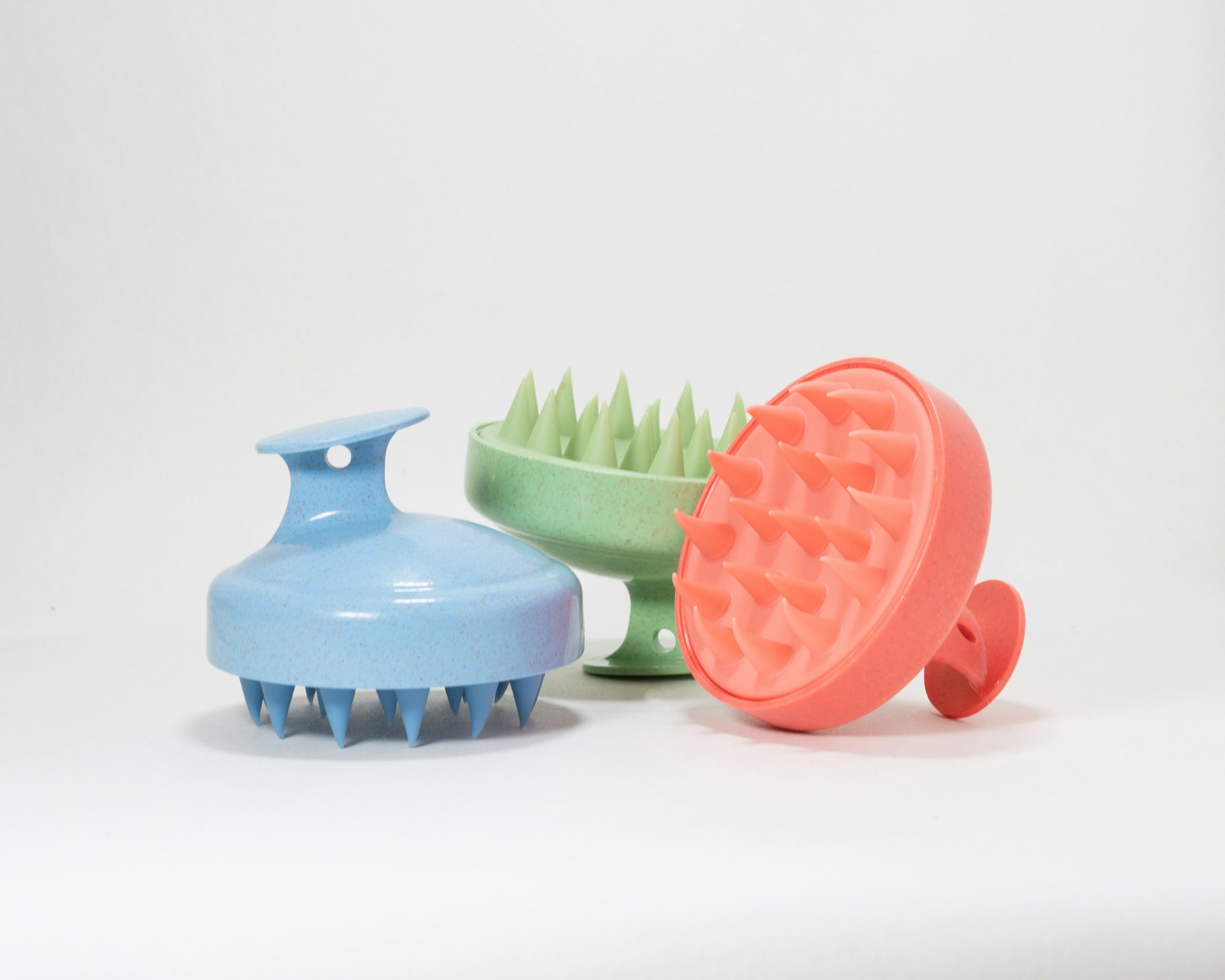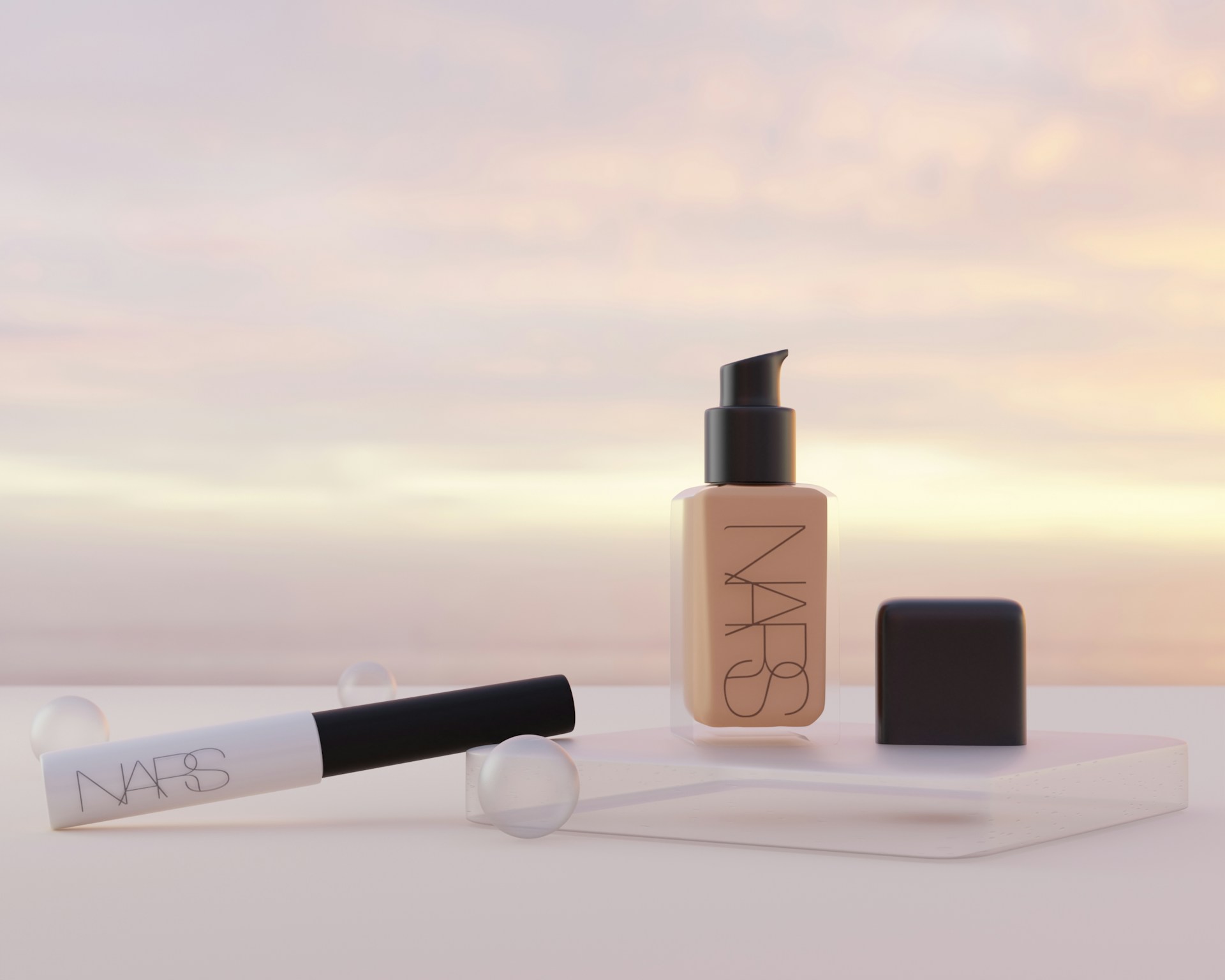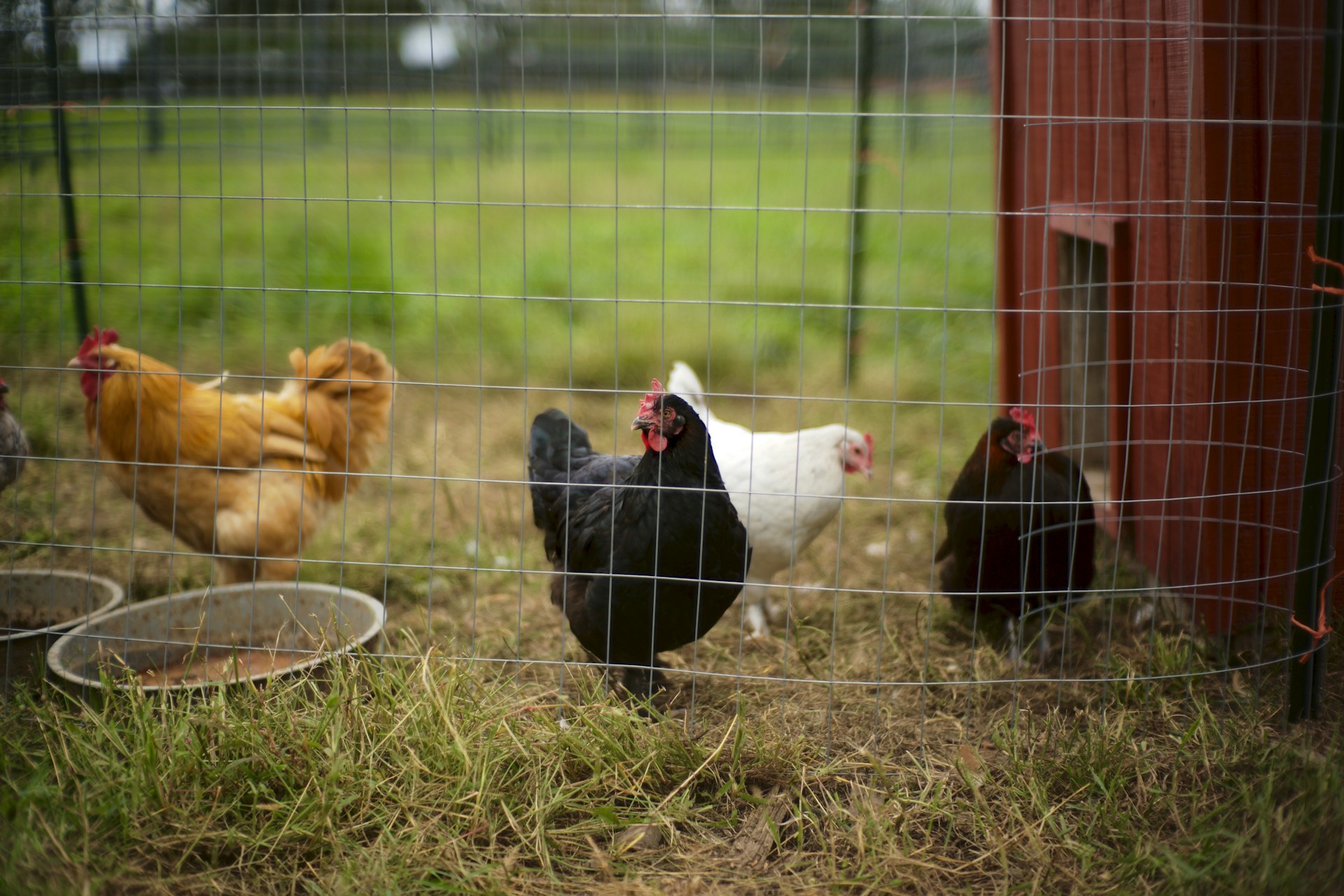Are you looking for a vegan multivitamin to boost your health? Do you wonder what nutrients you need, what ingredients to avoid, and what brands to trust? You are not alone. Many vegans face these questions and challenges.
In this guide, we will answer all your questions and help you choose the best vegan multivitamin for you. You will learn:
- Why vegans need a multivitamin
- What to look for in a vegan multivitamin
- What are the best vegan multivitamins of 2024
- How to use a vegan multivitamin
- What are the potential side effects of a vegan multivitamin
Let’s get started!
Why Vegans Need a Multivitamin
A vegan diet can offer many health benefits, such as:
- Lower risk of chronic diseases, such as heart disease, diabetes, and cancer.
- Lower blood pressure and cholesterol levels.
- Higher intake of fiber, antioxidants, and phytochemicals.
However, a vegan diet can also pose some nutritional challenges, such as:
- Getting enough of certain micronutrients that are either not present or less abundant in plant foods
- Absorbing some nutrients that are less bioavailable from plant sources
- Avoiding some nutrients that are derived from animal sources or additives
These nutrients include:
- Vitamin B12: This vitamin is essential for red blood cell production, DNA synthesis, and nerve function. It is only found naturally in animal products, so vegans need to get it from fortified foods or supplements.
- Vitamin D: This vitamin helps the body absorb calcium and phosphorus, which are important for bone health. It also supports immune function, mood regulation, and muscle strength. The main source of vitamin D is sunlight, but many factors can affect the amount of vitamin D the skin can produce, such as season, latitude, skin color, and sunscreen use. Some plant foods, such as mushrooms and fortified cereals, can provide some vitamin D, but they may not be enough to meet the recommended intake.
- Calcium: This mineral is crucial for building and maintaining strong bones and teeth. It also plays a role in muscle contraction, nerve transmission, and blood clotting. Dairy products are the main source of calcium in most diets, but vegans can get calcium from plant foods such as leafy greens, broccoli, tofu, almonds, sesame seeds, and fortified plant milk.
- Omega-3 fats: These are essential fatty acids that have anti-inflammatory, anti-thrombotic, and neuroprotective effects. They are also important for brain, eye, and heart health. The most bioavailable forms of omega-3 fats are EPA and DHA, which are mainly found in fish and seafood. Vegans can get some omega-3 fats from plant sources, such as flaxseeds, chia seeds, walnuts, and hemp seeds, but they need to be converted into EPA and DHA by the body, which is a less efficient process.
- Zinc: This mineral is involved in many enzymatic reactions, such as wound healing, immune function, growth, and development. It is also needed for the synthesis of proteins, DNA, and hormones. Animal products, such as meat, poultry, eggs, and dairy, are rich sources of zinc, but vegans can get zinc from plant foods such as legumes, nuts, seeds, grains, and fortified cereals.
- Iodine: This mineral is essential for the production of thyroid hormones, which regulate metabolism, growth, and development. Iodine deficiency can cause goiter, cretinism, and hypothyroidism. The main source of iodine in most diets is iodized salt, but vegans who avoid salt or use non-iodized salt may be at risk of iodine deficiency. Other sources of iodine include seaweed, dairy products, eggs, and fish. Vegans can also use iodine supplements or fortified foods.
- Iron: This mineral is vital for the transport of oxygen in the blood and the production of energy. Iron deficiency can cause anemia, which is characterized by fatigue, weakness, pale skin, and shortness of breath. Animal products, such as meat, poultry, and fish, provide heme iron, which is more easily absorbed by the body. Plant foods, such as legumes, nuts, seeds, grains, and leafy greens, provide non-heme iron, which is less bioavailable. Vegans can enhance the absorption of non-heme iron by consuming vitamin C-rich foods, such as citrus fruits, berries, tomatoes, and peppers, along with iron-rich foods.
As you can see, vegans need to pay attention to their intake of these nutrients, as they may not get enough from their diet alone. This is where a vegan multivitamin can come in handy, as it can provide a convenient and reliable way to fill in the gaps and prevent deficiencies.
What to Look for in a Vegan Multivitamin
When choosing a vegan multivitamin, there are several factors to consider, such as:
- The dosage of each nutrient: You want to make sure that your multivitamin meets your daily needs for the nutrients of concern, without exceeding the upper limits. For example, the recommended dietary allowance (RDA) for vitamin B12 for adults is 2.4 micrograms per day, but some vegan multivitamins may provide much more than that, which is unnecessary and potentially harmful. You can check the nutrition facts label of your multivitamin and compare it with the RDA and the tolerable upper intake level (UL) for each nutrient.
- The form of each nutrient: You want to make sure that your multivitamin contains the most bioavailable and vegan-friendly forms of each nutrient. For example, vitamin D can come in two forms: D2 (ergocalciferol) and D3 (cholecalciferol). D3 is more potent and effective than D2, but most D3 supplements are derived from animal sources, such as lanolin (sheep’s wool) or fish oil. However, there are vegan D3 supplements that are derived from lichen, a type of fungus that grows on rocks and trees. Similarly, omega-3 supplements can come in different forms, such as fish oil, krill oil, or algae oil. Algae oil is the only vegan source of EPA and DHA, and it is also more sustainable and eco-friendly than fish oil or krill oil.
- The ingredients and additives: You want to make sure that your multivitamin does not contain any animal-derived ingredients or additives, such as gelatin, carmine, lanolin, or magnesium stearate. You also want to avoid any artificial colors, flavors, sweeteners, or preservatives, as they may have negative effects on your health. You can read the ingredient list of your multivitamin and look for vegan certifications, such as the Vegan Society or Vegan Action logos, to ensure that your product is cruelty-free and plant-based.
- The reputation and quality of the brand: You want to make sure that your multivitamin is made by a reputable and trustworthy brand that follows good manufacturing practices and uses high-quality ingredients. You also want to look for third-party testing and verification, such as from USP, ConsumerLab, or NSF International, to ensure that your product is safe, pure, and potent.
What are the Best Vegan Multivitamins of 2024?
With so many vegan multivitamins on the market, it can be hard to choose the best one for you. To help you out, we have compiled a list of the best vegan multivitamins of 2024, based on customer reviews, ratings, and diversity of plant ingredients. Here are our top picks:
| Ritual Essential Multivitamin | – Specially formulated for women, men, kids, prenatal, postnatal, and 50+ – Contains 9 essential nutrients, including vegan D3, omega-3, iron, and folate – Uses bioavailable and traceable forms of each nutrient – Has a minty flavor and a delayed-release capsule – Offers a convenient subscription service with free delivery | $30-$40 per month |
| Future Kind Essential Vegan Multivitamin | – Specifically designed for vegan and plant-based diets – Contains 3 essential nutrients: vegan D3, omega-3, and B12 – Uses algae-derived DHA and EPA, methylcobalamin B12, and lichen-derived D3 – Has a citrus flavor and a soft gel capsule – Offers a 60-day money-back guarantee and free shipping | $30 per month |
| Hippo7 Vegan Complete Multivitamin | – Provides a complete spectrum of vitamins and minerals for vegans – Contains 16 essential nutrients, including vegan D3, omega-3, iron, zinc, and iodine – Uses plant-based and bioactive forms of each nutrient – Has a natural berry flavor and a chewable tablet – Offers a 30-day satisfaction guarantee and free shipping | $39 per month |
| Garden of Life mykind Organics Women’s Once Daily Multi | – Made from organic and non-GMO whole foods and herbs – Contains 19 essential nutrients, including vegan D3, iron, B-complex, and biotin – Uses methylcobalamin B12, vegan D3, and plant-based iron – Has no synthetic binders, fillers, or additives – Certified vegan, gluten-free, and kosher | $69 for 120 tablets |
| [Deva Vegan Omega-3 DHA-EPA] | – Derived from microalgae grown in a controlled environment – Contains 500 mg of DHA and EPA per softgel – Uses carrageenan-free and non-GMO ingredients – Has a natural lemon flavor and a vegan soft gel capsule – Certified vegan by the Vegan Society | $28 for 90 softgels |
| [Vitabiotics Wellkid Multi-Vitamins Jellies] | – Suitable for children aged 4 to 12 years old – Contains 11 essential nutrients, including vegan D3, B-complex, iron, and iodine – Made from natural fruit pectin, not gelatin – Has no artificial colors, flavors, or preservatives – Certified vegan by the Vegetarian Society | $44 for 50 vegan soft jellies |
| [Swisse Essential Multivitamin] | – Designed for men and women of all ages – Contains 21 essential nutrients, including vegan D3, B-complex, biotin, and minerals – Made from natural and organic ingredients, such as spirulina, chlorella, and acerola cherry – Has no gluten, soy, dairy, or synthetic additives – Certified vegan by Vegan Australia | $23 for 30 tablets |
| [Healthyhey Vegan Vitamin D3] | – Provides 400 IU of vegan D3 per capsule – Derived from lichen, a natural source of cholecalciferol – Supports bone, teeth, muscle, and immune health – Has no gluten, soy, dairy, or artificial ingredients – Certified vegan by PETA India | $7 for 120 veg capsules |
| [Healthyhey Nutrition Multivitamin For Men] | – Formulated for men’s health and wellness – Contains 13 vitamins and 10 minerals, including vegan D3, B-complex, zinc, and selenium – Supports energy, immunity, metabolism, and muscle function – Has no gluten, soy, dairy, or artificial ingredients – Certified vegan by PETA India | $9 for 60 veg capsules |
How to Use a Vegan Multivitamin
Taking a vegan multivitamin is not a substitute for eating a balanced and varied plant-based diet. It is only meant to complement your food intake and provide extra insurance for meeting your nutritional needs. Therefore, you should not rely on a multivitamin alone to achieve optimal health.
To get the most out of your vegan multivitamin, you should follow these tips:
- Take it with a meal: This can help improve the absorption of fat-soluble vitamins, such as vitamin D, and reduce the risk of stomach upset. It can also help you remember to take your multivitamins regularly.
- Follow the dosage instructions: Do not exceed the recommended dose of your multivitamin, as this can cause adverse effects or toxicity. Some nutrients, such as vitamin A, iron, and zinc, can be harmful in high amounts. If you are taking other supplements, make sure to check the labels for potential interactions or overlaps.
- Store it properly: Keep your multivitamin in a cool, dry, and dark place, away from heat, moisture, and sunlight. This can help preserve its potency and prevent degradation. Also, keep it out of reach of children and pets, as some multivitamins may contain ingredients that are toxic to them.
- Consult your doctor: Before taking a vegan multivitamin, you should talk to your doctor, especially if you have any medical conditions, allergies, or medications. Your doctor can help you determine if you need a multivitamin, what type and dose are suitable for you, and what potential side effects or interactions to watch out for.
What are the Potential Side Effects of a Vegan Multivitamin?
Vegan multivitamins are generally safe and well-tolerated, as long as they are taken as directed. However, some people may experience mild and temporary side effects, such as:
- Nausea
- Bloating
- Constipation
- Diarrhea
- Headache
- Dizziness
- Allergic reactions
These side effects may be due to the individual sensitivity to certain ingredients, the quality of the product, or the timing of the intake. To minimize the risk of side effects, you can try switching to a different brand, taking your multivitamin with food, or splitting the dose throughout the day.
In rare cases, vegan multivitamins may cause serious or life-threatening side effects, such as:
- Hypervitaminosis: This is a condition caused by excessive intake of vitamins, especially vitamins A, D, E, and K. It can lead to symptoms such as blurred vision, bone pain, liver damage, bleeding disorders, and coma. To prevent hypervitaminosis, do not take more than the recommended dose of your multivitamin, and avoid taking other supplements that contain the same vitamins.
- Iron toxicity: This is a condition caused by excessive intake of iron, which can accumulate in the body and damage the organs, especially the liver. It can cause symptoms such as nausea, vomiting, diarrhea, abdominal pain, fever, and seizures. To prevent iron toxicity, do not take more than the recommended dose of your multivitamin, and avoid taking other supplements that contain iron.
- Zinc toxicity: This is a condition caused by excessive intake of zinc, which can interfere with the absorption of copper and iron, and affect the immune system and the nervous system. It can cause symptoms such as nausea, vomiting, diarrhea, loss of appetite, headache, and metallic taste. To prevent zinc toxicity, do not take more than the recommended dose of your multivitamin, and avoid taking other supplements that contain zinc.
If you experience any of these serious side effects, stop taking your multivitamin and seek medical attention immediately.
Conclusion
A vegan multivitamin can be a useful addition to your plant-based diet, as it can help you meet your daily requirements for certain essential nutrients that may be lacking or less abundant in plant foods. However, a vegan multivitamin is not a magic pill that can replace a healthy and balanced diet. You still need to eat a variety of whole, minimally processed, and nutrient-dense plant foods to achieve optimal health and wellness.
To choose the best vegan multivitamin for you, you should consider the dosage, form, ingredients, and quality of the product, as well as your individual needs and preferences. You should also consult your doctor before taking a vegan multivitamin, and follow the dosage and storage instructions carefully. Finally, you should be aware of the potential side effects of a vegan multivitamin, and report any adverse reactions to your doctor.
Check out more articles!








